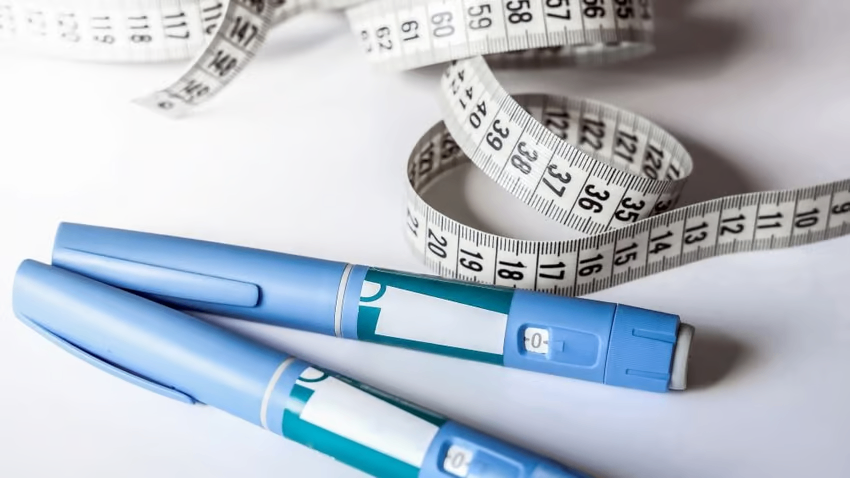Weight-Loss Drug Competition Intensifies, Eli Lilly and Novo Nordisk Shares Plunge
Recently, Eli Lilly and Company's market capitalization also evaporated by more than $120 billion in just over a week. Novo Nordisk's shares also fell about 10% during the same period, and its market value evaporated by more than $40 billion.

Recently, Eli Lilly and Company's market capitalization evaporated by more than $120 billion in just over a week. The company's leading position in the weight loss drug boom is under threat as at least two rival obesity treatments have recently made positive inroads.
Shares of the leading U.S. pharmaceutical company fell another 4.5 percent last Thursday, touching their lowest level since May, market data showed. Over the past eight trading sessions, the company's shares have plunged 14%, its worst eight-session performance since 2020.
Meanwhile, Novo Nordisk, another leader in weight-loss drugs, has fallen about 10% in the same period, evaporating more than $40 billion from its market value.
In the past week, Viking Therapeutics and Roche Holding have updated positive weight-loss drug trial data, driving Eli Lilly shares lower. With rivals edging closer to launching competitive drugs, investors believe Lilly and Novo Nordisk's monopoly in the diet drug market may be coming to an end.
This follows predictions that the weight-loss drug market is expected to reach $130 billion by 2030.
Jared Holz, a healthcare expert at Mizuho Bank, said, "Let's assume this won't be a duopoly forever. I expect that this intense reaction to competitive trials will diminish over time."
Viking Therapeutics said last Wednesday night that the company is advancing its weight-loss injections into late-stage trials and is exploring monthly dosing. The company also said it would advance an oral version of the drug into mid-stage trials starting in the fourth quarter. On the news, the company's shares soared 39% the next day, its best performance since February.
Meanwhile, Roche Holding said it is planning to accelerate development of an obesity drug after encouraging results from its experimental weight-loss drug last week.
Jeff Jonas, a portfolio manager at Gabelli Funds, said Eli Lilly and Co. will probably still have two years of good growth momentum, but I think they're going to hit a bottleneck sooner or later.
Holz also believes that the current market rotation is another big reason for the decline in Lilly's stock price, with traders moving away from large companies that have performed well throughout the year.
Lilly's market capitalization has now fallen below $800 billion, but it's still up about 41% year to date.
Holz believes that if Eli Lilly's stock price stays at its current lower level, it could rebound after its second-quarter earnings report, which is scheduled for Aug. 8, comes out. He said, "If all signs point to a very strong fundamental picture, then I think the stock will rally."
Disclaimer: The views in this article are from the original Creator and do not represent the views or position of Hawk Insight. The content of the article is for reference, communication and learning only, and does not constitute investment advice. If it involves copyright issues, please contact us for deletion.